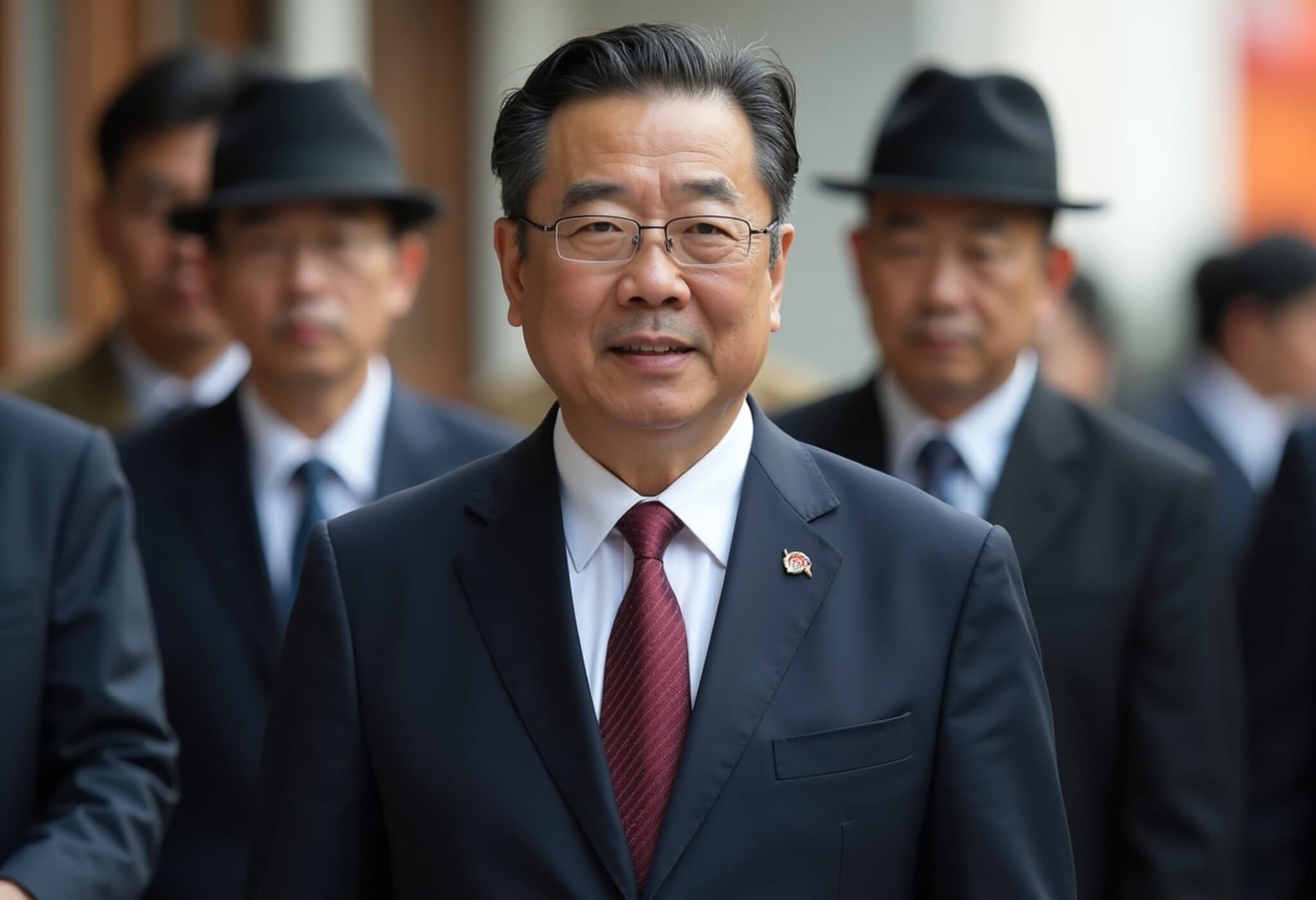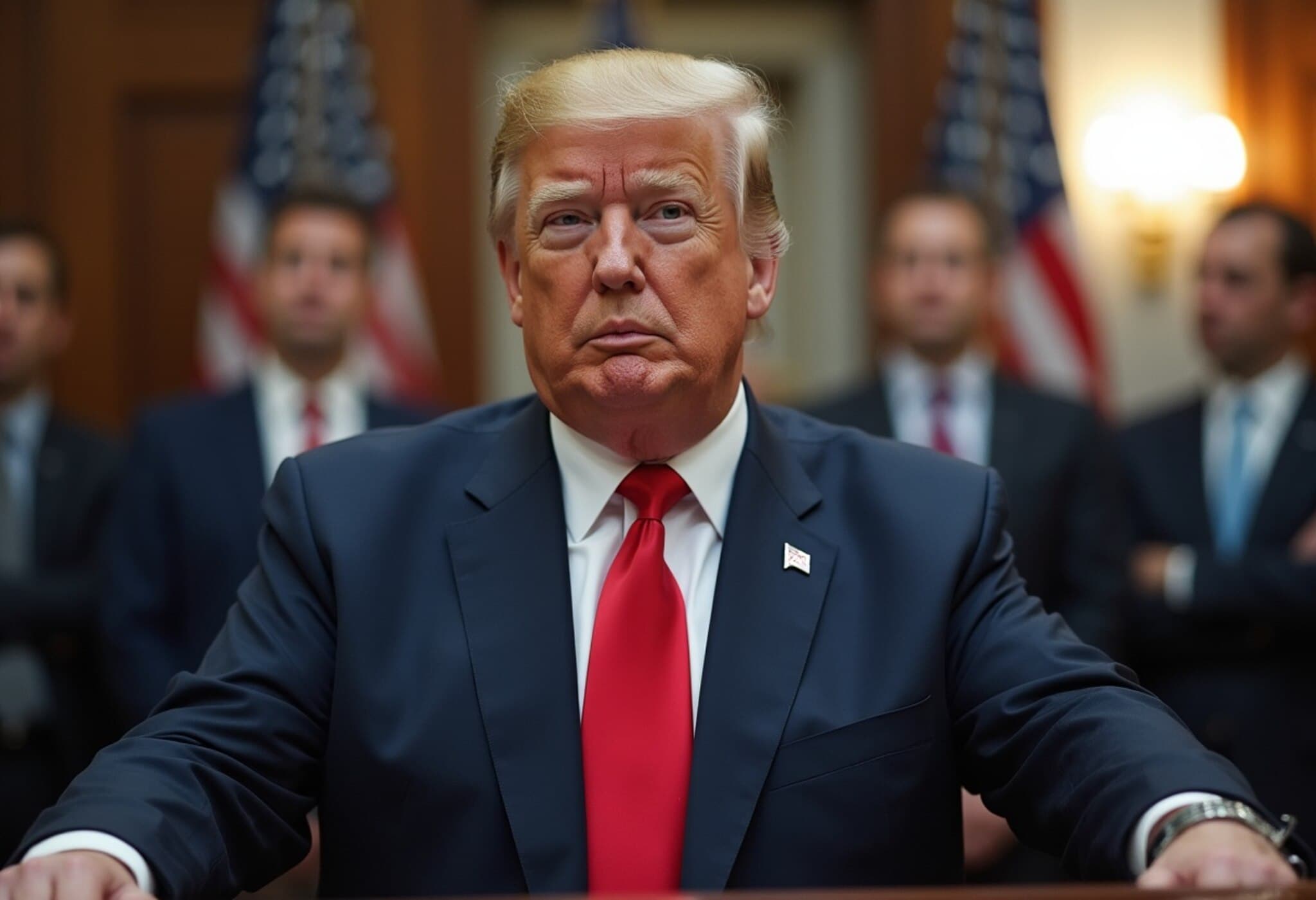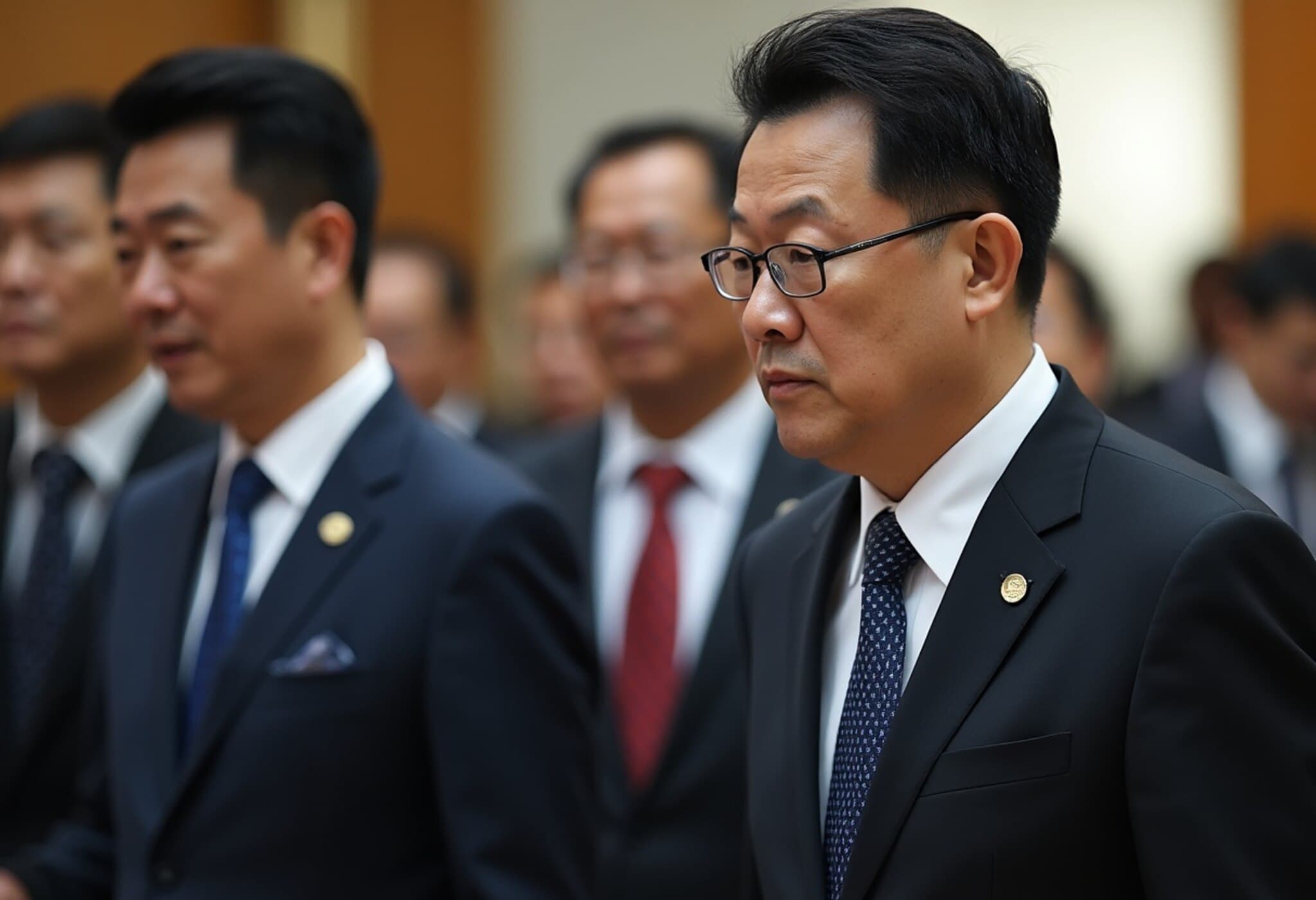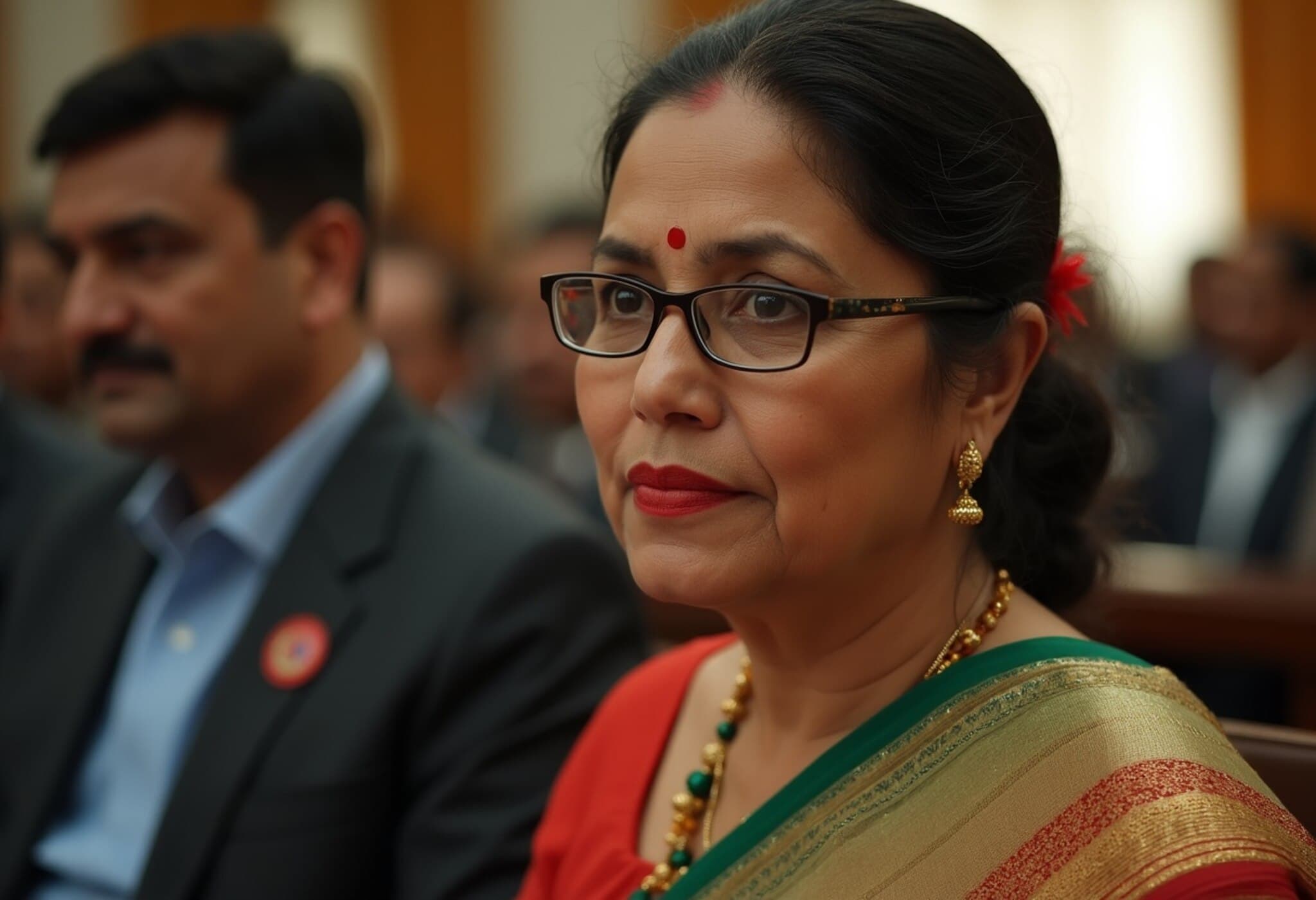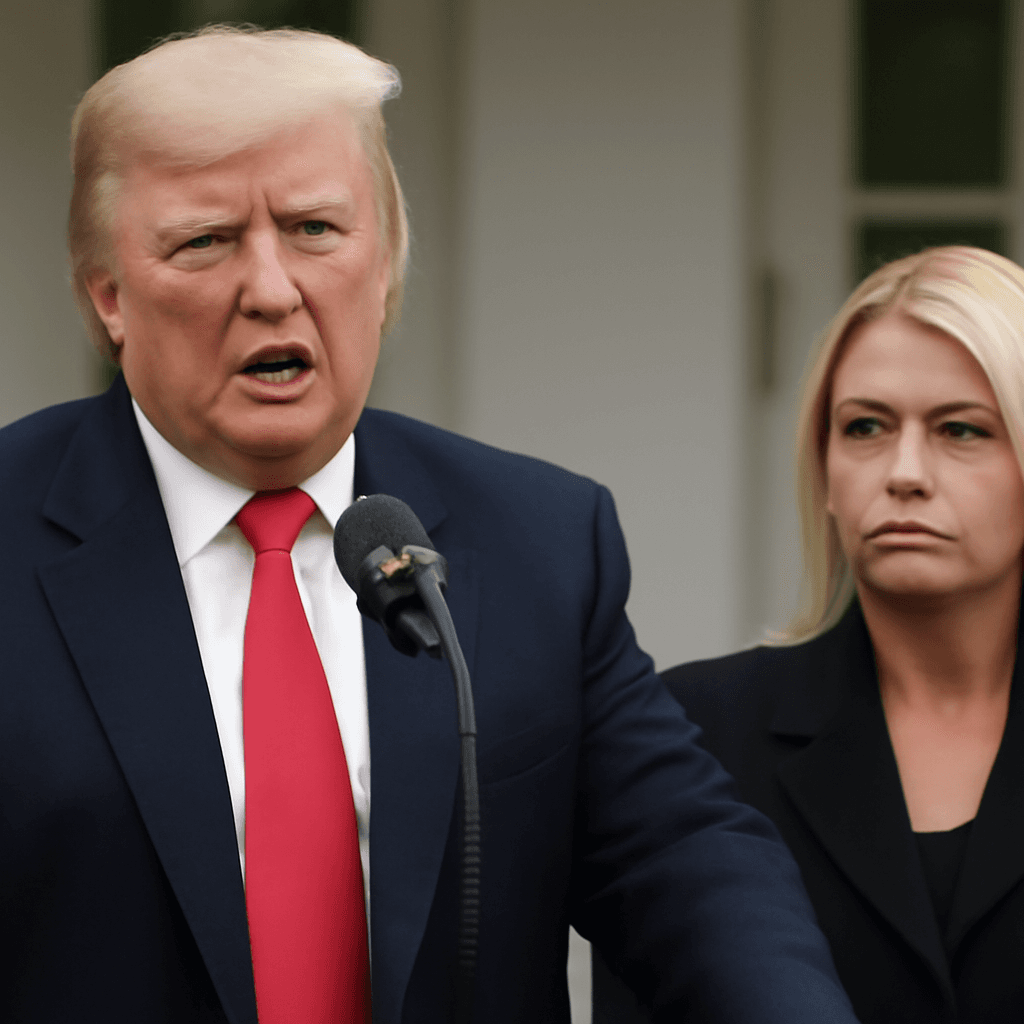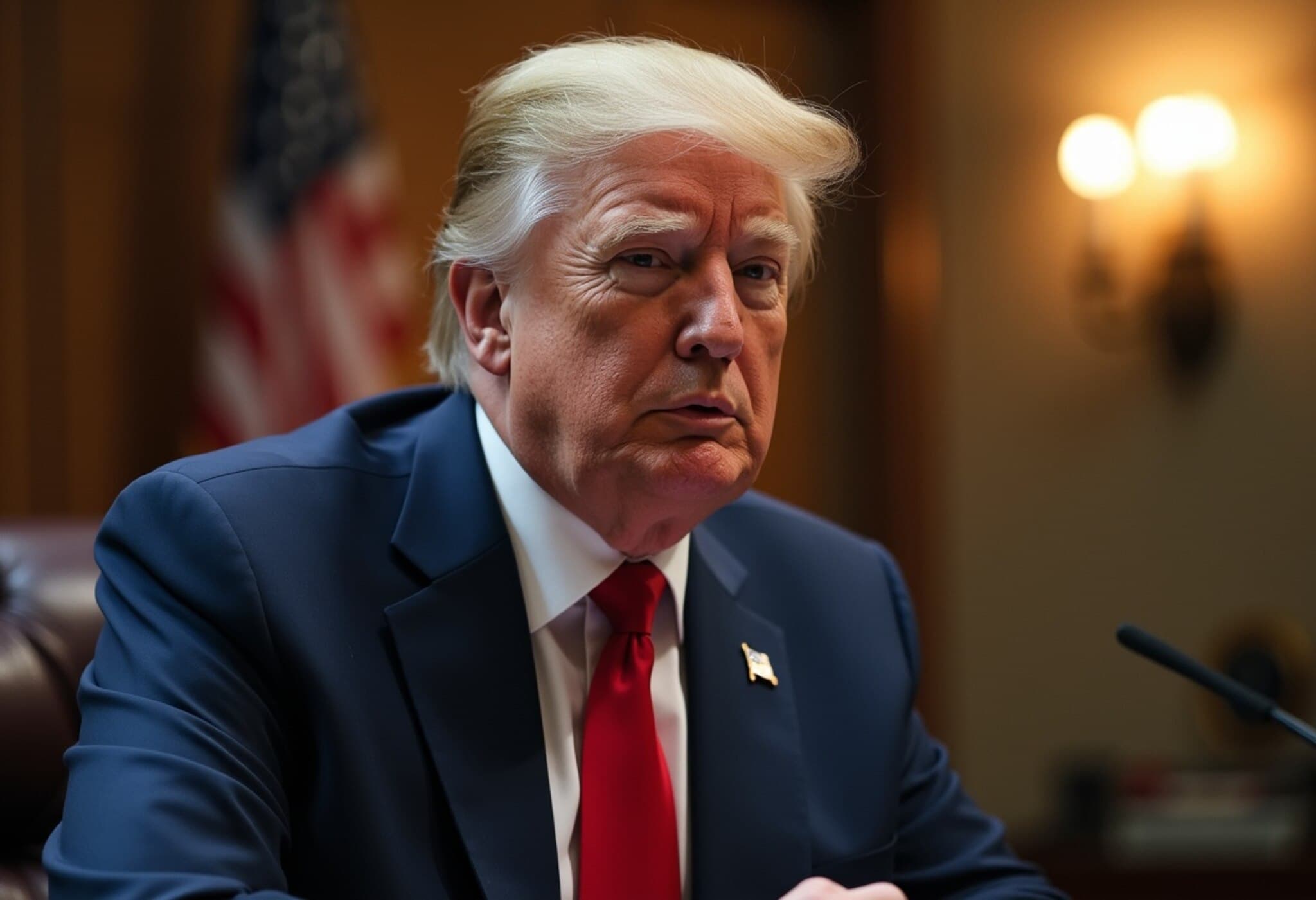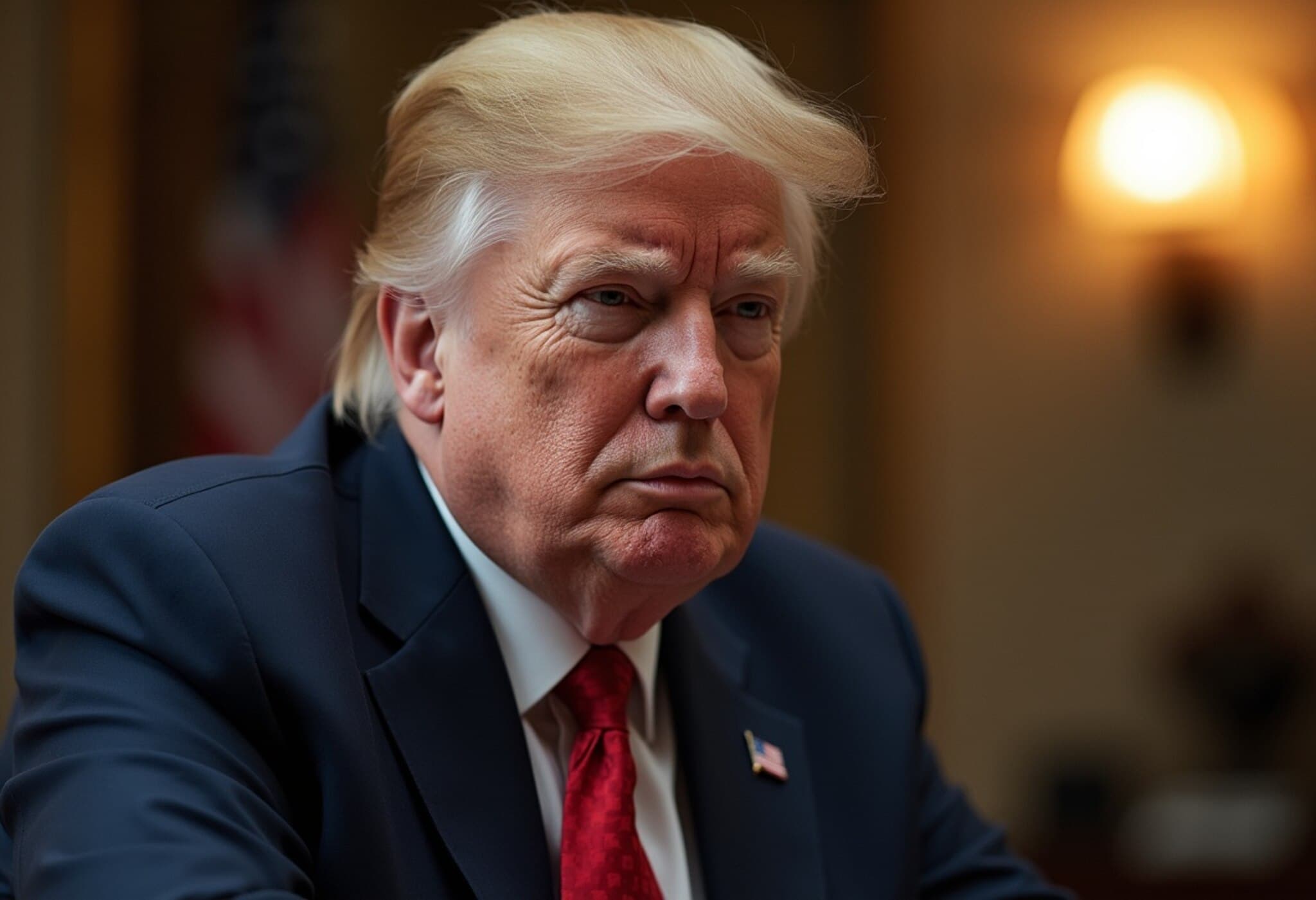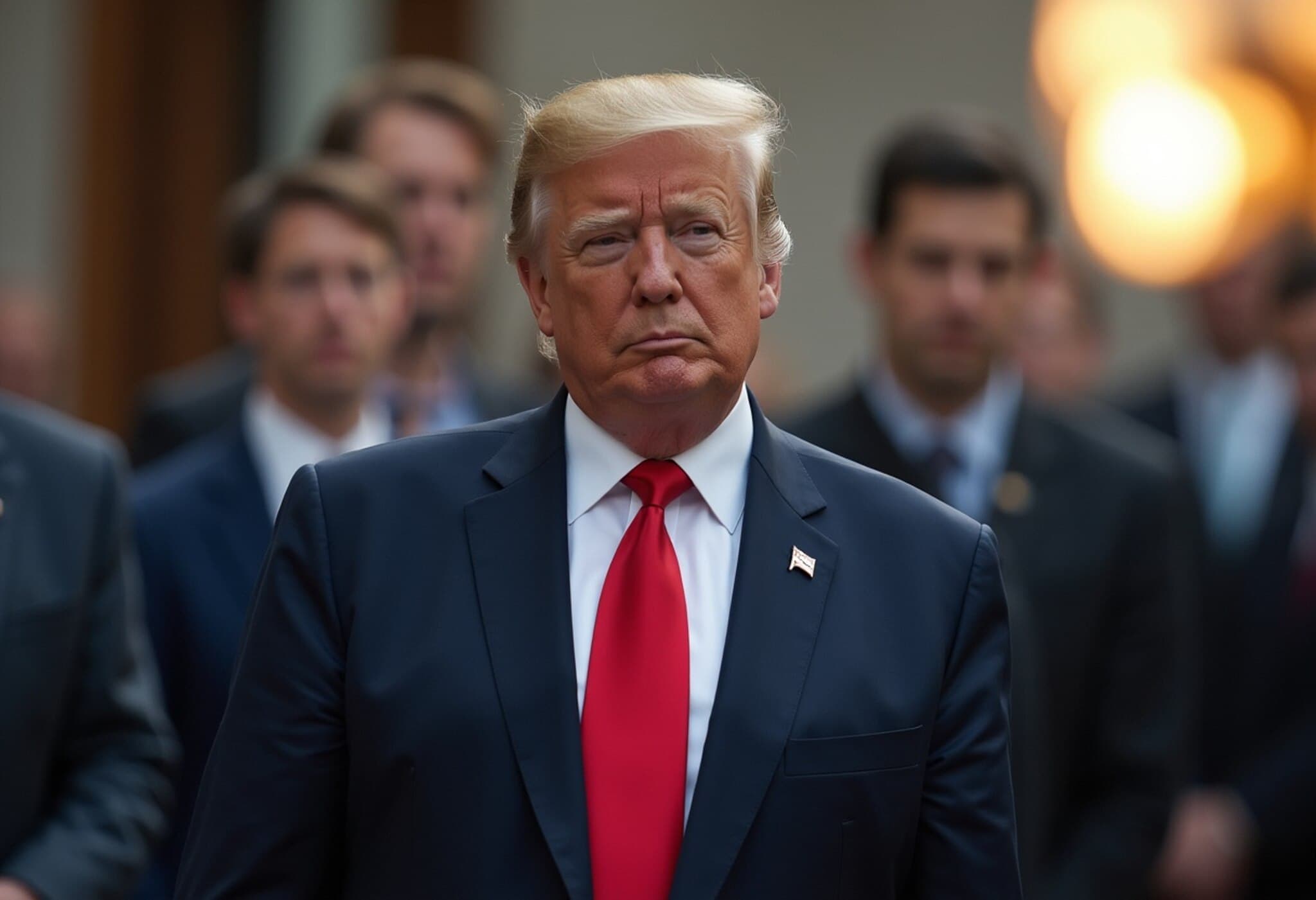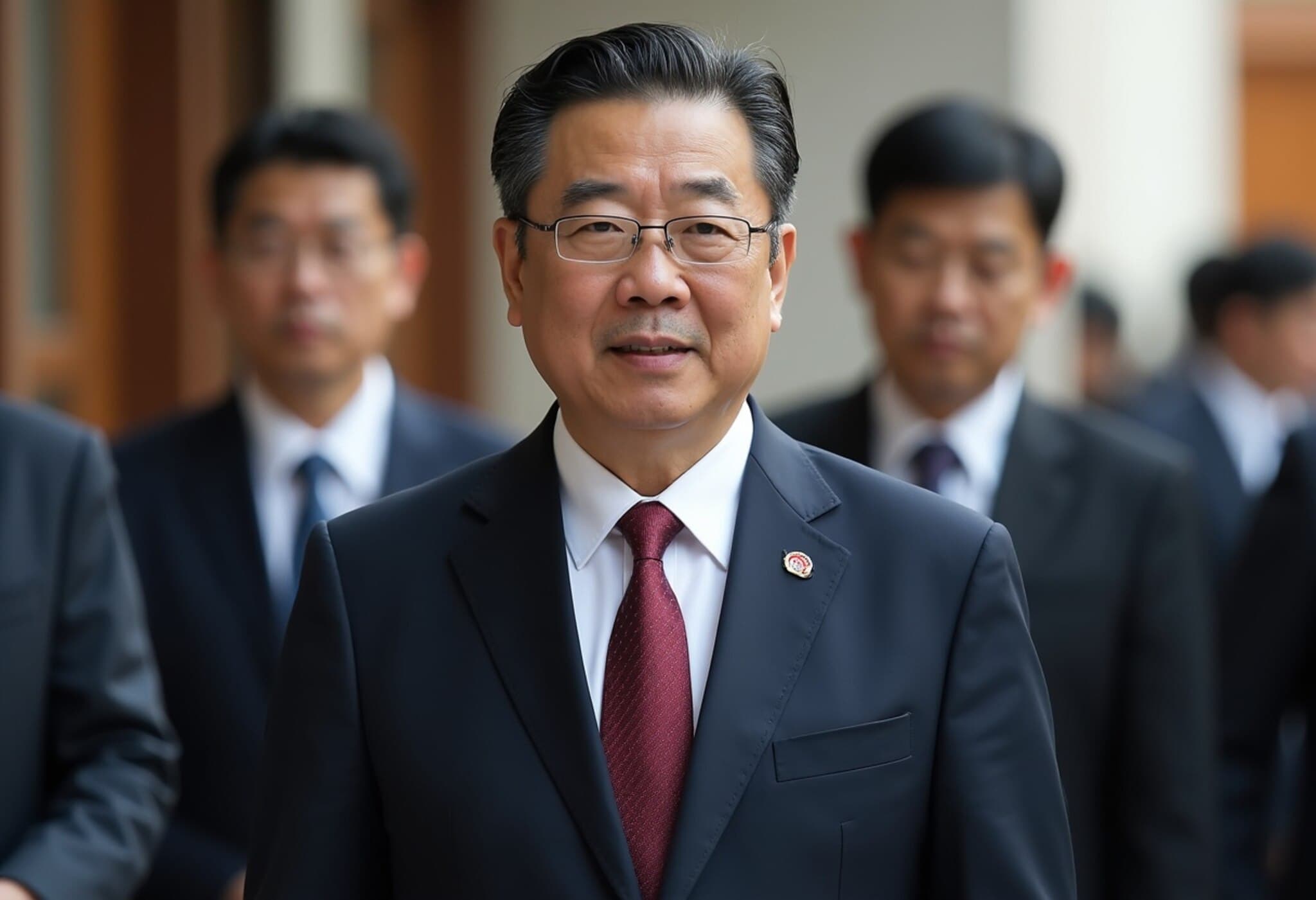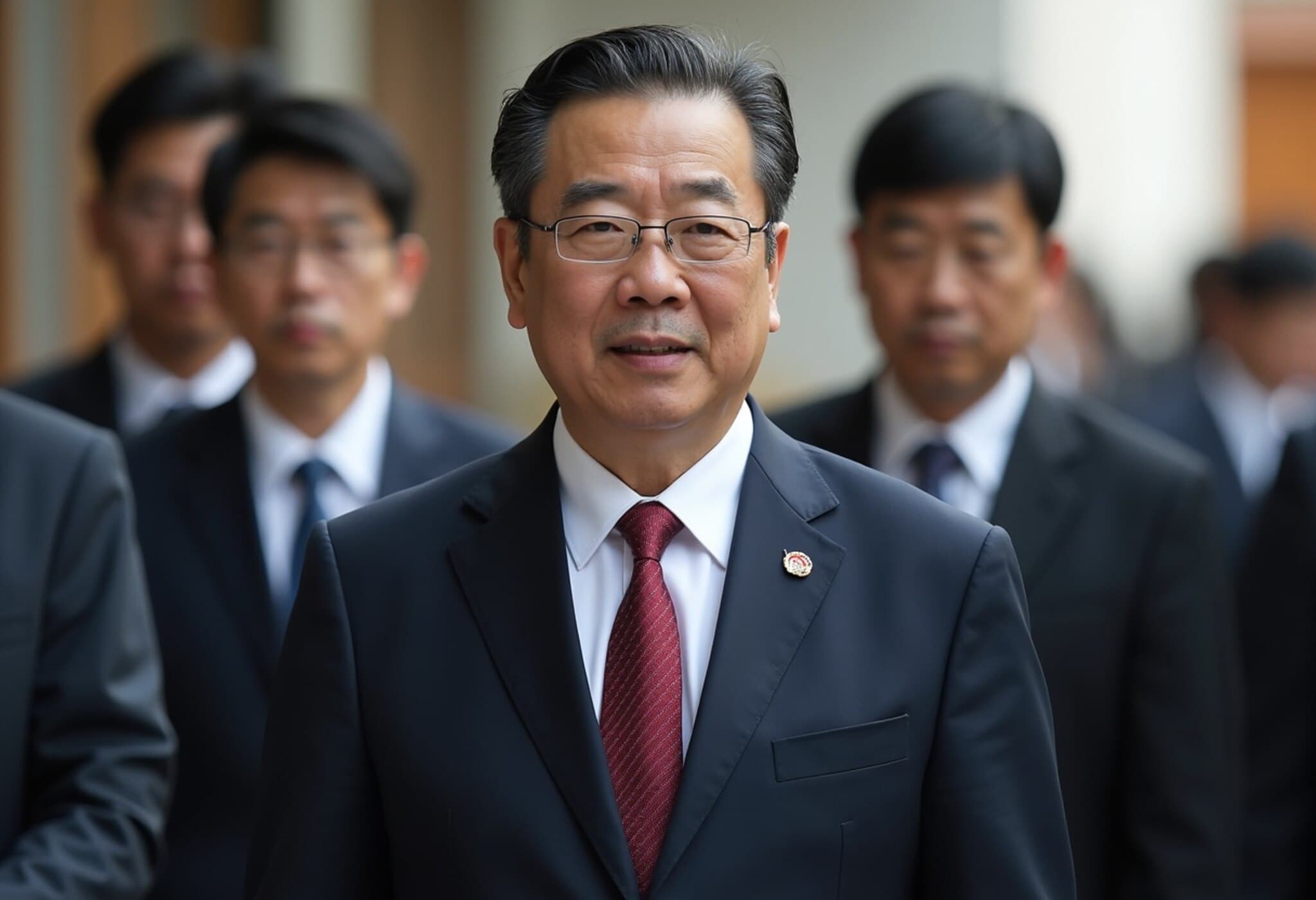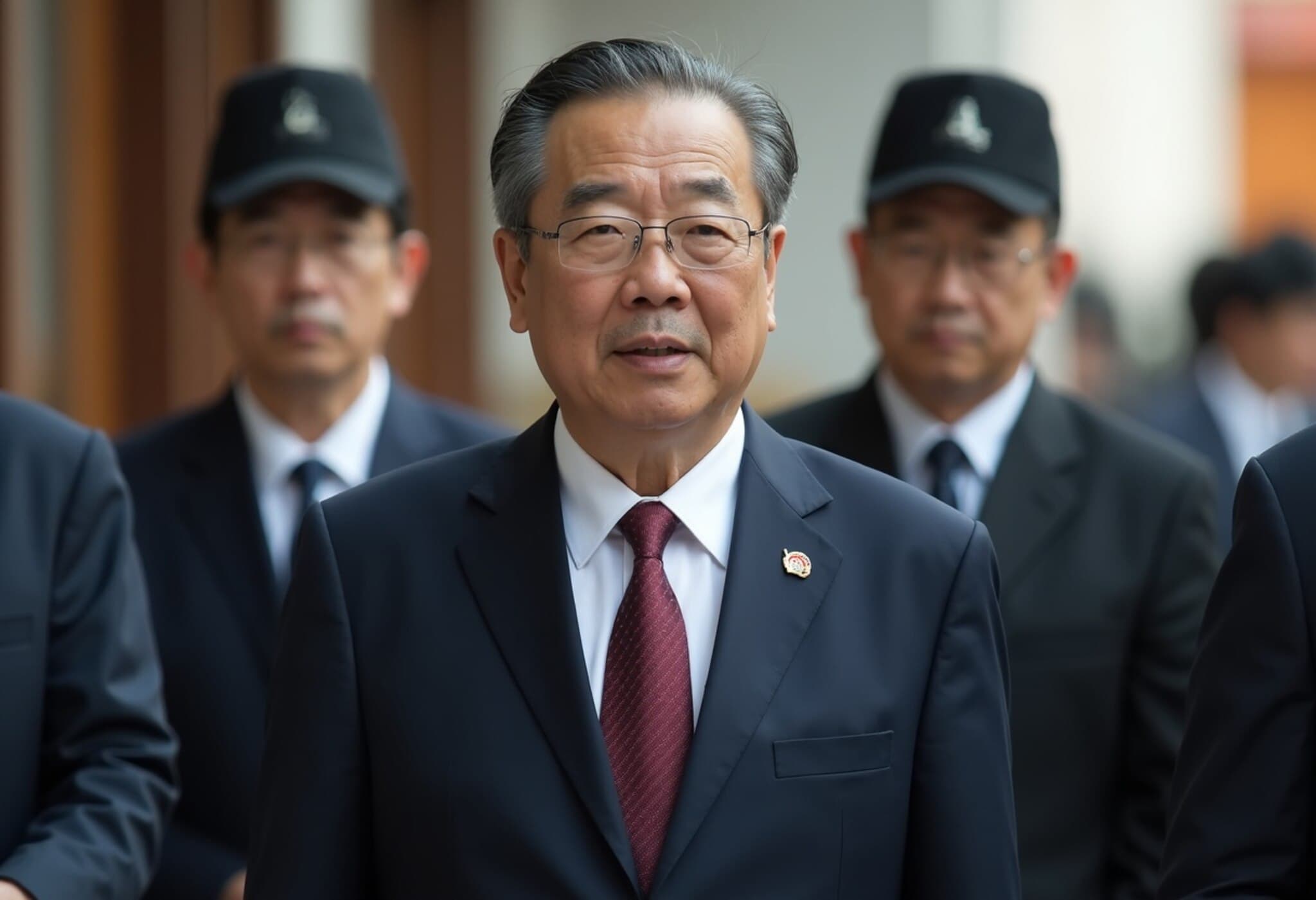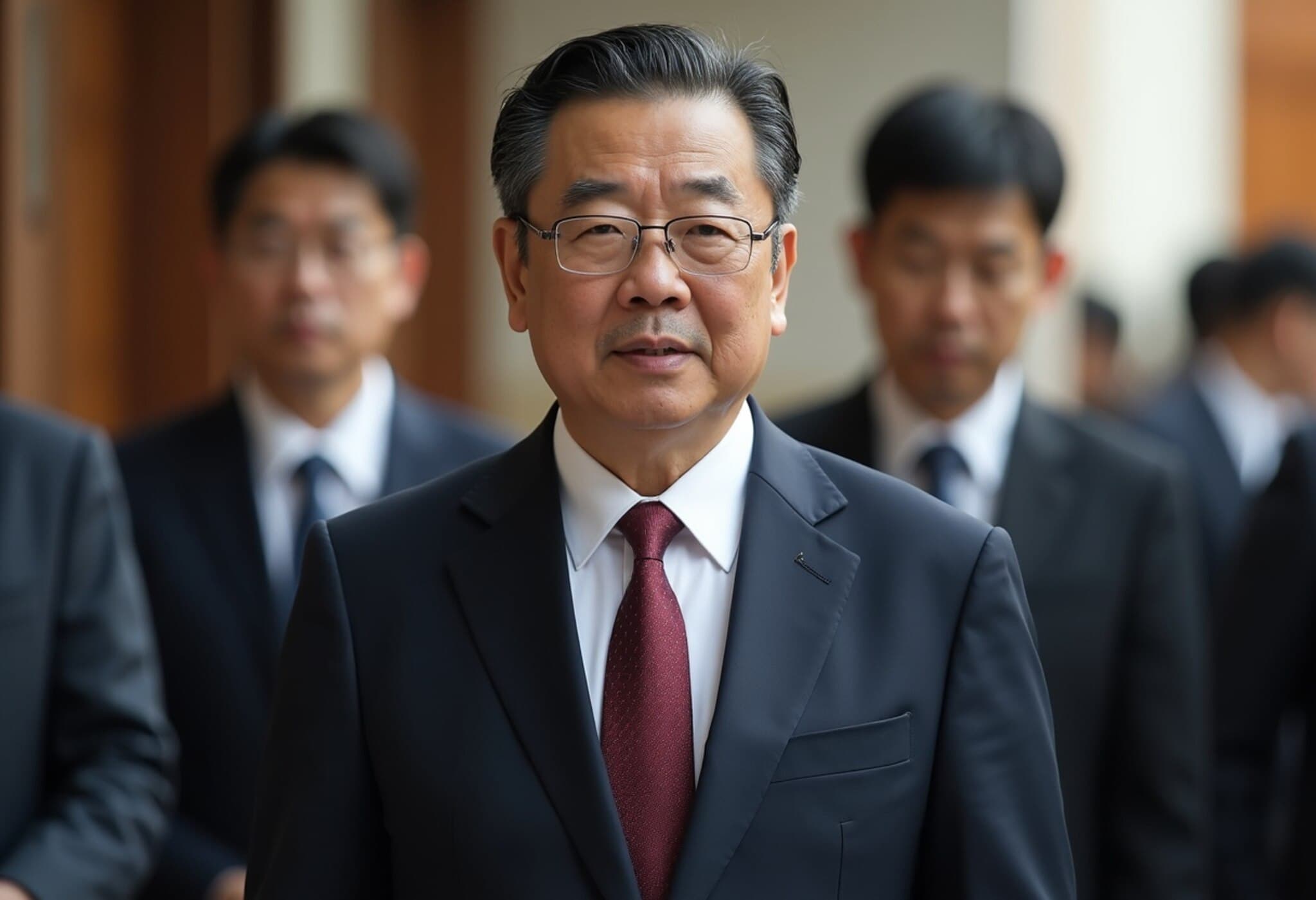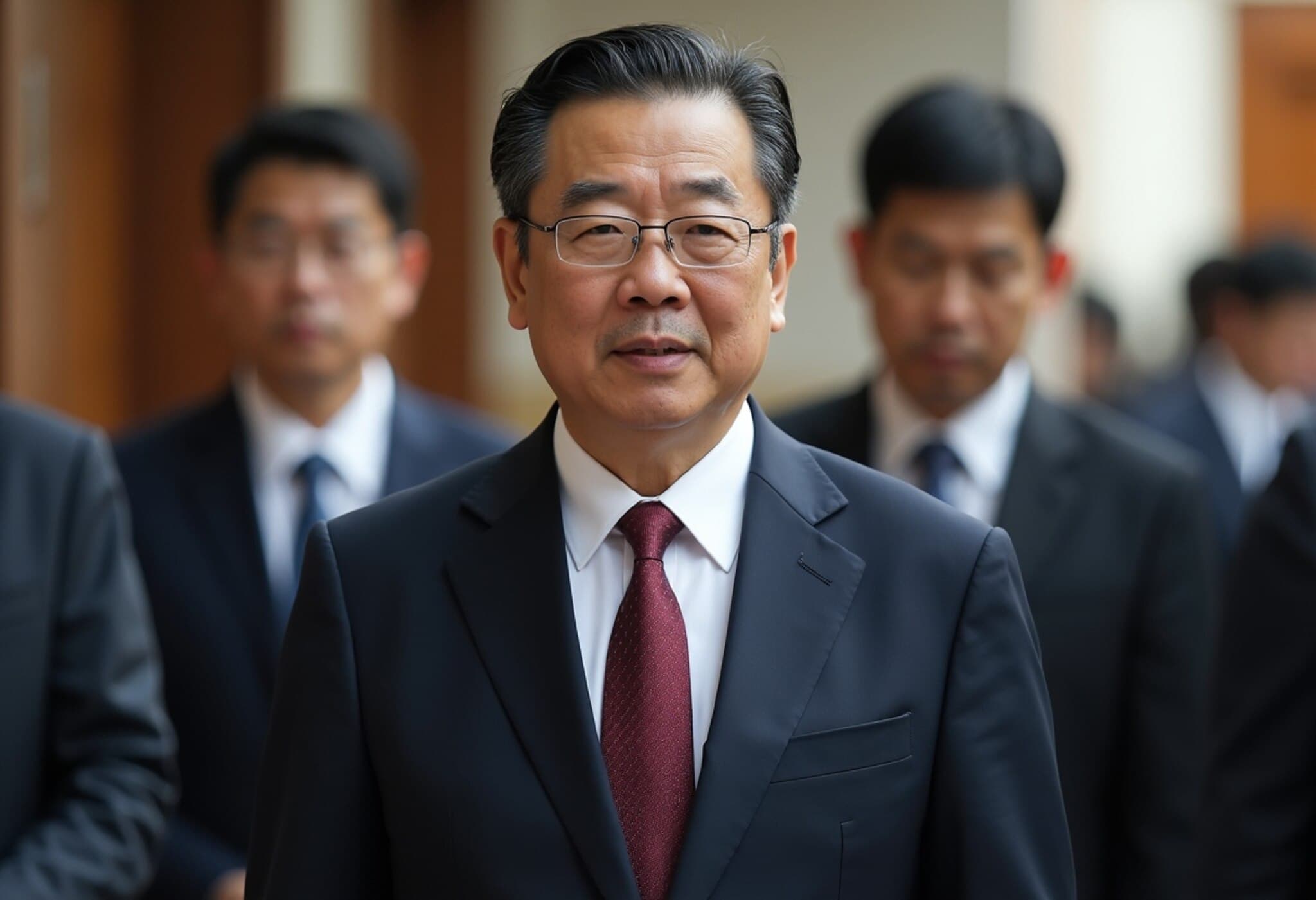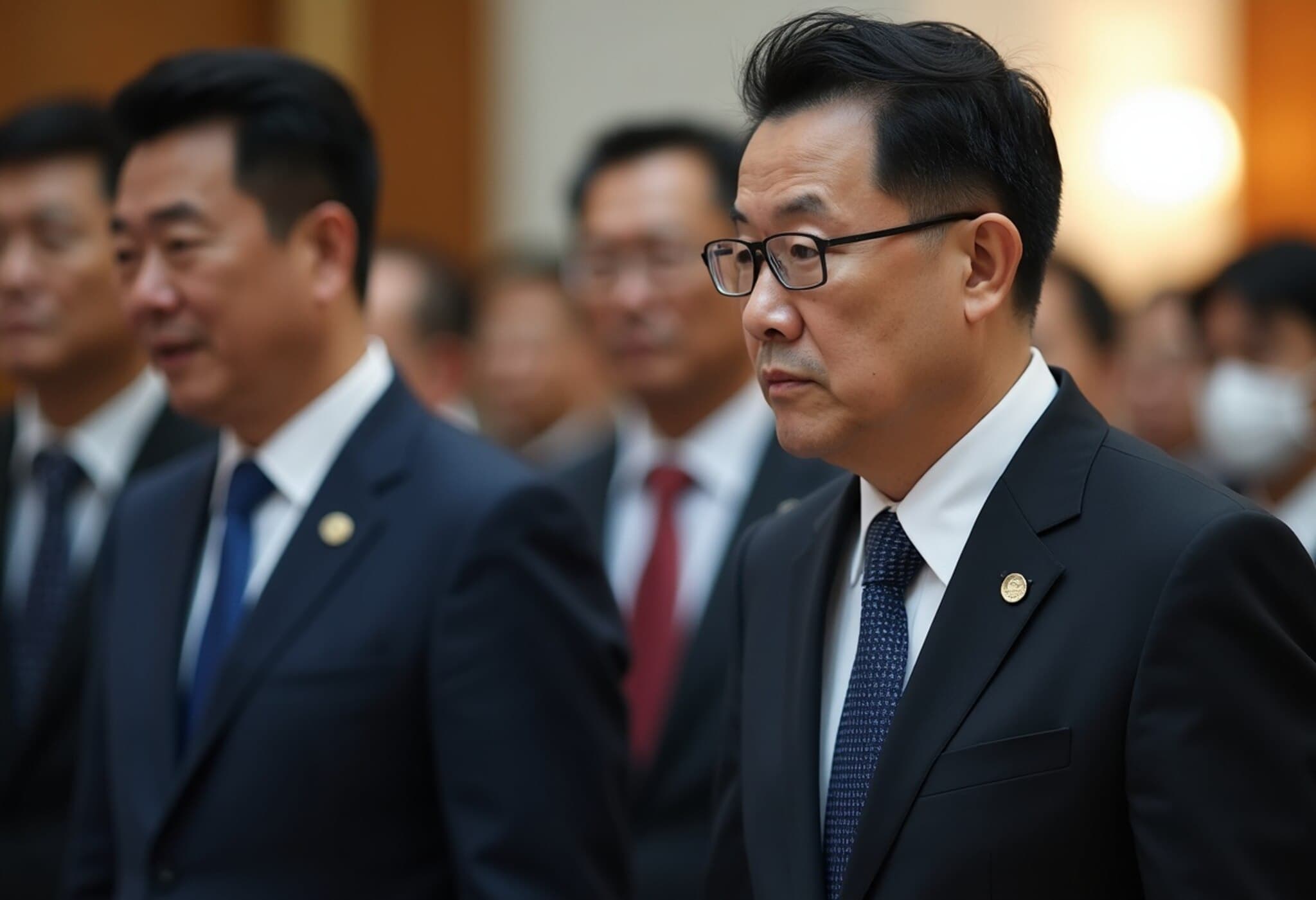South Korean Prosecutors Move to Detain Former President Yoon Suk Yeol
In a dramatic escalation in South Korea's political saga, special prosecutors have requested the detention of former President Yoon Suk Yeol, citing charges tied to an alleged insurrection linked to his controversial declaration of martial law last year. This development marks a significant chapter in the ongoing investigation surrounding Yoon's administration and its actions during a period of intense civil unrest.
Background: The Martial Law Decree and Its Fallout
Yoon declared martial law on December 3, 2024, a drastic move intended to restore order amid widespread protests and legislative chaos. However, the decree's impact was short-lived. Following fierce resistance from lawmakers — who notably scaled the walls of the National Assembly to bypass tightened security — the legislature swiftly voted to overturn the martial law declaration, leading to its repeal approximately six hours after its announcement.
This sequence of events highlights the deep political fissures within South Korea’s government and raises critical questions about the limits of presidential power in democratic governance. The martial law episode, while brief, escalated tensions and sparked debates on the balance between public safety and civil liberties.
The Legal Battle: Allegations and the Defense
Special prosecutors accuse Yoon of abuse of power and obstruction of justice concerning the imposition of martial law. On Saturday, Yoon underwent several hours of intense questioning under their inquiry, signaling the seriousness with which authorities are pursuing these charges.
Despite the gravity of the allegations, Yoon’s legal team maintains that prosecutors have yet to present concrete evidence supporting claims of wrongdoing. They assert the detention request is "unreasonable" and plan to vigorously challenge it in court. This legal tug-of-war could set a precedent for how executive actions during crises are scrutinized by the judiciary in South Korea.
Expert Insight: Implications for South Korean Democracy
The bid to detain a former president underlines the volatile intersection of law, politics, and public dissent. From an expert standpoint, this case encapsulates broader questions relevant not only to South Korea but also to democratic societies worldwide:
- Executive Authority vs. Legislative Oversight: To what extent can a leader invoke emergency powers without undermining parliamentary democracy?
- Judicial Independence: Does the judiciary remain impartial when high-profile political figures are involved?
- Public Trust and Political Stability: How do such high-stakes legal battles impact citizens' confidence in their governance institutions?
These considerations resonate deeply in the United States as well, where debates over executive overreach and checks and balances are perennial themes in political discourse.
Looking Ahead: A Nation Watching Closely
The coming weeks will be critical as the courts decide whether to grant the prosecutors' detention request. Meanwhile, the South Korean public remains sharply divided, with many viewing the investigation as either a necessary accountability measure or a politically motivated maneuver.
This case underscores the fragile nature of democratic norms in times of crisis and serves as a stark reminder of the importance of vigilant, transparent governance.
Editor's Note:
Former President Yoon Suk Yeol’s detention request spotlights the delicate balance between emergency powers and democratic safeguards—a vital lesson for democracies worldwide. Readers are encouraged to consider how executive actions in crisis conditions must be tempered by legal constraints to maintain public trust and political stability. What safeguards should democracies strengthen to prevent similar conflicts? How can legal systems uphold fairness amid high-stakes political battles? These questions remain urgent as South Korea navigates this unprecedented chapter.

